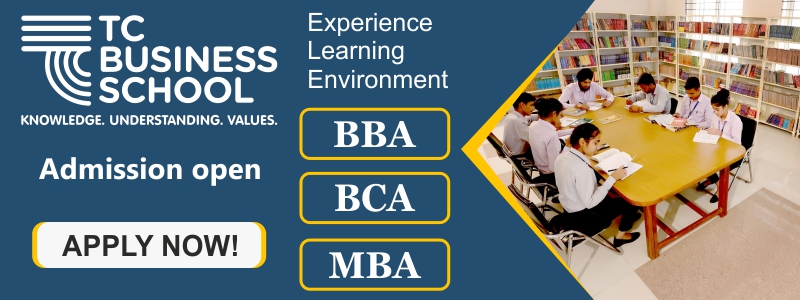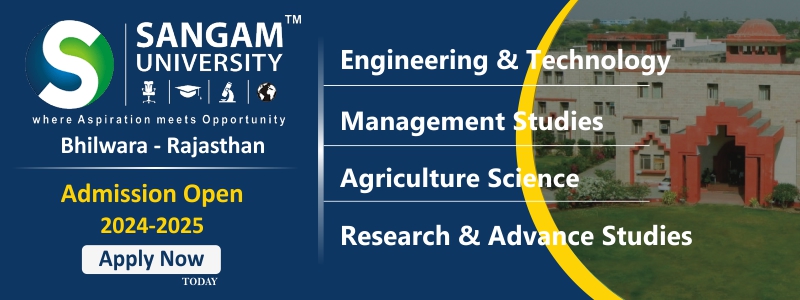Masters in Diplomate of National Board [DNB] (Cardiology) Quick facts
Highlights for Masters in Diplomate of National Board [DNB] (Cardiology) program are provided in the table given below:
Masters in Diplomate of National Board [DNB] (Cardiology) Eligibility & Entrance exam
Eligibility Criteria for Diplomate of National Board [DNB] (Cardiology) course:
To pursue Diplomate of National Board in Cardiology course, candidates need to fulfil following eligibility conditions.
Students must have obtained a MBBS degree from a recognized college/University with minimum 55% aggregate marks (50% in case of SC/ST) and awarded by Medical Council of India (now National Medical Commission) are eligible to apply.
To qualify in an entrance exam is also an eligibility condition for some colleges.
There is no specific age limit to apply for the Diplomate of National Board in Cardiology course, but candidates should not be more than 50 years.
Students must have studied Chemistry, Physics, Biology in class 10+2 as their mandatory subjects.
Students must have finished a one-year compulsory rotating internship as a part of under-graduate programme.
Candidates must have a permanent registration certificate issued by the Medical Council of India.
Selection will be done on the basis of entrance exam marks and academic performance.
Entrance exam for Diplomate of National Board [DNB] (Cardiology) course:
To seek admission in college for Diplomate of National Board in Cardiology, candidates need to qualify entrance tests such as DNB PDCET and NEET -SS which is conducted by National Board of Examinations (NBE).
The mode of an entrance exam is online.
All the questions will be of objective in nature (MCQ) and of total 480 marks.
The duration of an entrance exam will be 2 -3 hours and comprises 120 questions.
There will be reduction of no marks for unmarked questions.
4 marks will be awarded for every correct answer, 1 mark will be reduced for every incorrect answer.
The entrance exam comprises questions from topics related to interventional cardiology, clinical cardiology, cardiac imaging, electrophysiology, cardiac surgery and heart failure.
Few colleges and universities provide admission on merit basis and for that students need to follow the following steps.
Candidates have to first register themselves by filling basic information like an email address, phone number and so on.
Fill out the complete application form with all necessary information with accuracy
Then after scan and upload papers/documents such as signatures mark sheets, photos and it should be in a certain format.
Students can do their application fee payment via both online and offline modes.
After submission of an application form, college will verify the eligibility condition and then invite the students for the second round.
Candidates are shortlisted on the basis of academic performance and document verification round and college will decide to allot a seat or not to candidate.
Masters in Diplomate of National Board [DNB] (Cardiology) Duration & Fees
Diplomate of National Board [DNB] (Cardiology) course duration:
The duration of DNB (Diplomate of National Board) in Cardiology course is three years. During this curriculum students will learn about non-Invasive Cardiology and Invasive Cardiology.
Topics covered during study are Transoesophageal and Transthoracic Echocardiography, Myocardial Septal Ablations for Hypertrophic Obstructive Cardiomyopathies, Diagnostic and Interventional procedures, electrophysiology studies, Angioplasties and stent implantations, pacemaker/ICD implantation, Stress ECG and Holter lab, device closure for selected congenital heart diseases, Cardiac CT and MRI, Balloon dilation for valvular heart diseases, and etc.)
Diplomate of National Board [DNB] (Cardiology) course fees:
The approximate fees to pursue Diplomate of National Board in Cardiology course is INR 30,000-10,00,000 lacs. The fee varies depending on the location and whether the college/university is private/deemed or public.
Masters in Diplomate of National Board [DNB] (Cardiology) Jobs,Scope,Salary after course
Scope of Diplomate of National Board [DNB] (Cardiology) course:
After completion of Diplomate of National Board in Cardiology course, professionals find employment in area like military health system, medical universities, research centres, Government hospitals, medical colleges, private clinics, science content writing, Army hospitals, community-based healthcare centers as well as self-employment.
Professionals can be assigned to job roles of Part-time Specialist, Cardiologist, Professor, Cardiology Manager, Consultant and many more.
The average salary offered to professionals after completion of Diplomate of National Board in Cardiology course as a fresher is INR 6.0-10.0 LPA.
|
Job type
|
Job description
|
Approximate salary per year
|
|
Cardiologist
|
A cardiologist generally works
for a medical institution. The duty is to diagnosis, treat, assist heart patients and their conditions. They actually work with a patient's doctors and primary care physician and makes a medical strategy to treat them.
|
8,50,000 lacs
|
|
Consultant-Invasive Cardiology
|
The Consultants-Invasive Cardiology are popularly known as management consultants which gives suggestions to customers organisations and solve issues to enhance the profit and
business performance.
|
6,00,000 lacs
|
|
Professor
|
Alike all fields, Diplomate of National Board in Cardiology course also requires teachers to provide knowledge and train future professionals through practical aspects and in-depth theoretical concepts.
|
5,50,000 lacs
|
|
Marketing manager
|
The job role of Marketing managers is to promote brands, services, businesses, products. They make marketing plans, new budgets, generate new business leads, supervise marketing department staff and also analyse trends.
|
7,00,000 lacs
|
Masters in Diplomate of National Board [DNB] (Cardiology) Top colleges offering course
Top Colleges for Diplomate of National Board [DNB] (Cardiology) course:
To seek admission for Diplomate of National Board in Cardiology course in college candidates must learn few things about college such as Ranking, skilled Faculty, Specialisations, Infrastructure, seminars, campaigns, Lecture Schedule, Exchange Programs and workshops, and many more.
At the time of admission students are required to bring following documents to ensure candidates academic performance.
Mark sheets of the class 10, class 10+2 examinations.
Provisional/Degree certificate of MBBS
Date of Birth proof (Certificate issued at time of birth).
Aadhaar Card
Provisional/Pass certificate issued by State Medical Council of India /Medical Council of India
Caste certificate (if required) and Domicile Certificate
Two passport size photograph photos.
Valid entrance exam score (if applicable)
The above given information is an idea but while taking admission in any college, must for the exact information candidates must visit the official website of colleges.
|
Name of college
|
Location
|
Approx. fees per year
|
|
K.J. Somaiya Medical College & Research Centre (KJSMC)
|
Mumbai
|
52,000
|
|
National Institute of Pathology (IOP, New Delhi)
|
New Delhi
|
50,000
|
|
Dr Panjabrao Deshmukh Memorial Medical College
|
Amravati
|
35,000
|
|
National Institute of Ophthalmology (NIO)
|
Pune
|
40,000
|
|
Sri Sathya Institute of Higher Medical Sciences
|
Bangalore
|
70,000
|




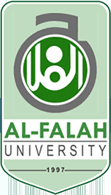
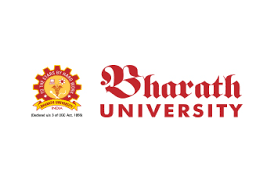
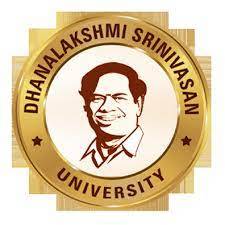

.jpeg)
.jpeg)
.jpeg)
.jpeg)



